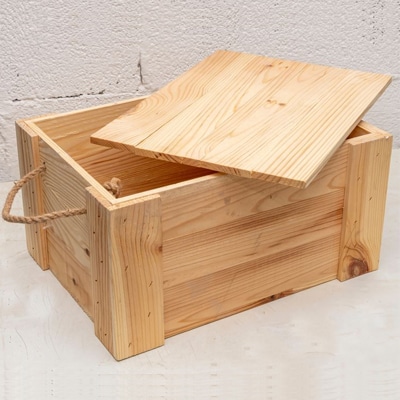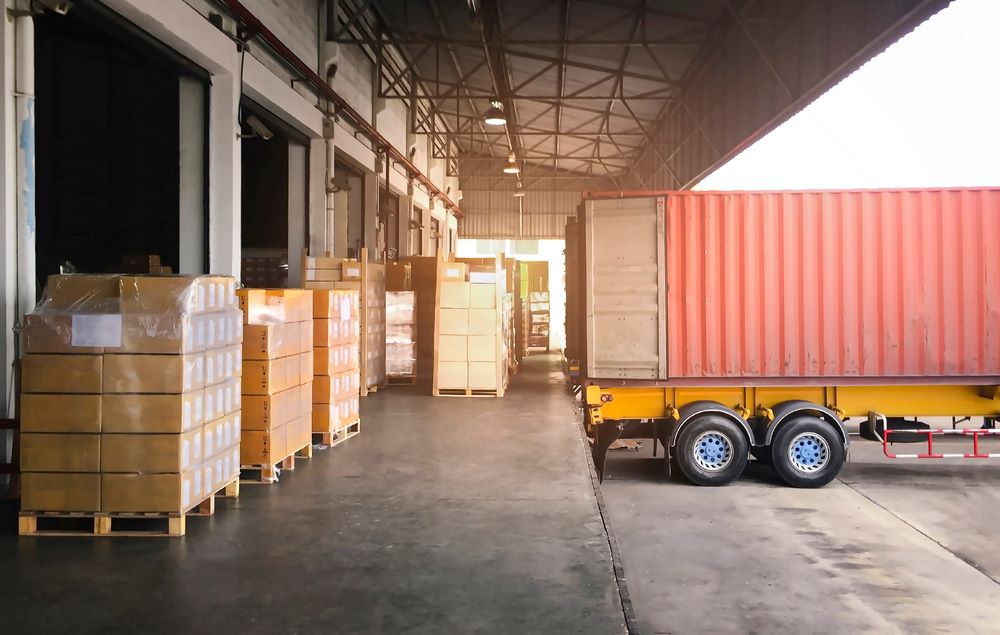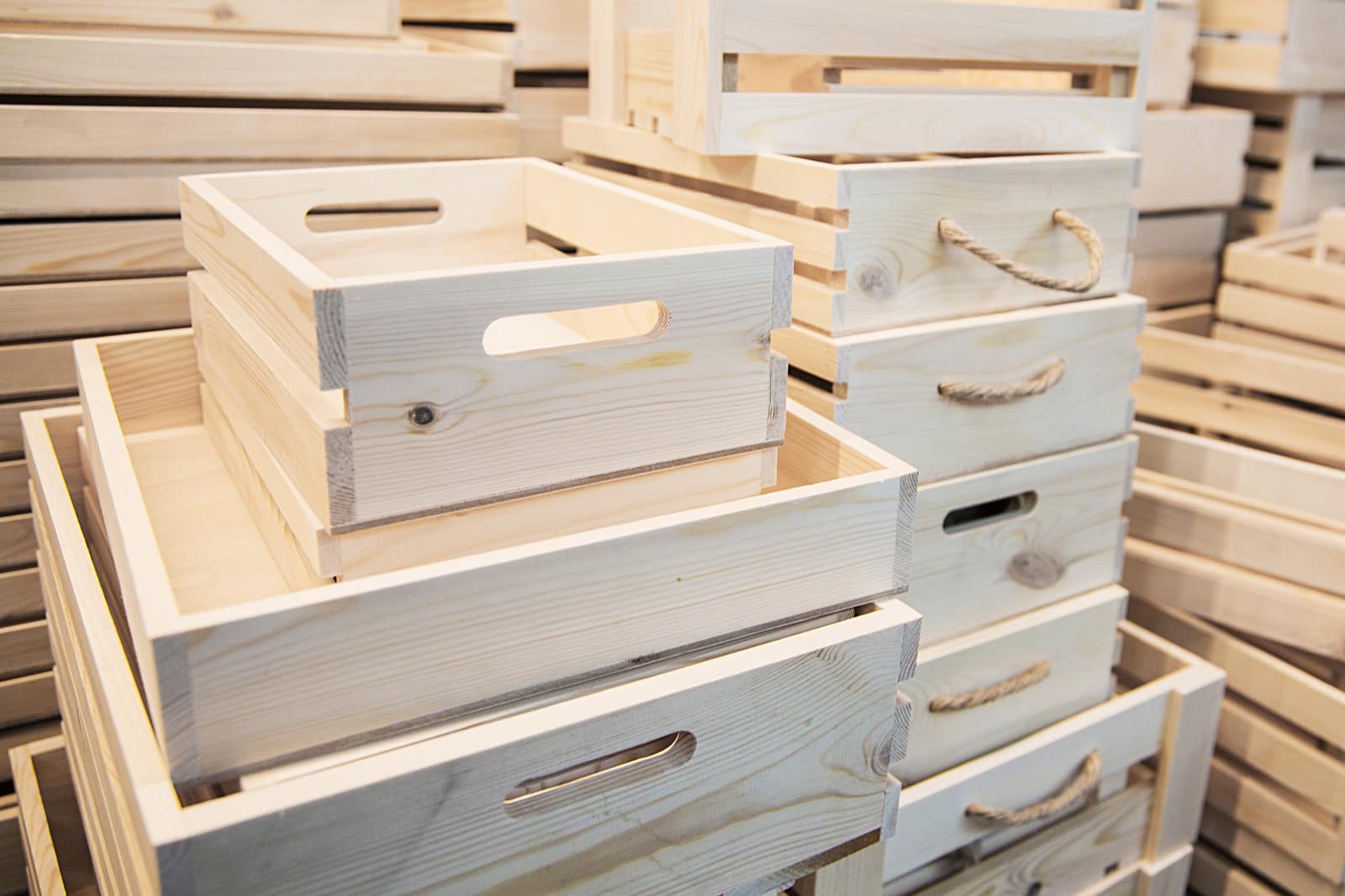
In the ongoing debate over wood v plastic packaging, the choice between the two materials extends beyond simple convenience. Any business worth its salt knows the importance of environmental impact, sustainability, and functionality when it comes to reliable packaging, with wood and plastic being the two most popular options.
Wooden packaging, often touted for its biodegradability and renewable sourcing, contrasts with plastic’s durability and versatility. While plastic offers water resistance and longer shelf life, wood packaging presents a more eco-friendly alternative, contributing to reduced carbon footprint and landfill waste.
Understanding the comparative advantages and drawbacks of each material is essential for informed decision-making in packaging, particularly as industries navigate towards more sustainable solutions – read on to learn more.
Wood v Plastic for Logistics
Plastic and wood are commonly preferred materials for packaging in logistics thanks to their durability, versatility, and cost-effectiveness. Plastic offers excellent moisture resistance which makes it ideal for protecting goods during transportation and storage, and its lightweight nature also reduces shipping costs and fuel consumption.
Wood, on the other hand, provides strength and stability, particularly for heavy or irregularly shaped items. It’s widely used for pallets, crates, and containers, offering reliable support and easy handling.
Both materials are widely available, customisable, and reusable, making them indispensable choices for efficient and reliable packaging solutions in logistics operations, but which one is the top choice for your business?
Key Benefits of Wood Packaging
When it comes to wood v plastic packaging, wooden crates offer numerous benefits across various industries:
Cost-effective
Wooden crates are often more cost-effective than alternatives like plastic or metal, as timber is widely available and can be sourced sustainably, reducing production costs. Wooden crates can also be reused multiple times, further lowering overall expenses for businesses.
Reliable
Timber crates are renowned for their reliability in transporting and storing goods. Their sturdy construction provides excellent protection for fragile or heavy items, minimising the risk of damage during transit, so whether shipping goods domestically or internationally, wooden crates offer peace of mind to businesses and customers alike.
Durable
Wood is a highly durable material, capable of withstanding the rigours of transportation and storage. Crates made of wood can endure rough handling, stacking, and varying environmental conditions without compromising their integrity. This durability ensures that goods remain secure and intact throughout the supply chain, reducing the likelihood of losses or returns due to damage.
Customisable
Wooden crates are highly customizable to suit specific packaging needs and can be designed in various sizes, shapes, and configurations to accommodate different types of products. It’s also easy to have wooden crates branded or labelled with logos, product information, or handling instructions, enhancing brand visibility and communication. This flexibility allows businesses to tailor packaging solutions to their unique requirements, helping optimise efficiency through your logistics chain.
Easy to Stack
Wooden crates are designed to be easily stackable, which is incredibly helpful when optimising storage space in warehouses and vehicles. Their uniform shape and size allow for efficient stacking without compromising the stability, or safety of workers.
Ideal for Transporting Food
Wooden crates are commonly used for transporting food due to their natural non-reactive properties, ensuring the integrity and safety of perishable goods during transit. Timber crates also provide excellent ventilation, perfect for maintaining optimal conditions for fresh produce while minimising the risk of spoilage.
Bear More Weight
Capable of bearing heavier loads compared to plastic alternatives, wooden crates are known for their strength and durability. This makes them ideal for transporting dense or bulky items, ensuring secure and reliable transportation of goods.
Weather Resistant
Wooden crates are inherently weather-resistant and able to withstand exposure to various environmental conditions. Treated wooden crates offer enhanced resistance to moisture, mould, and pests, making them suitable for outdoor storage and transportation applications.
Advantages and Disadvantages of Plastic Crates
While wooden packaging has a plethora of benefits, we can’t ignore the several advantages of using plastic packaging in logistics and transportation. They’re lightweight, which reduces fuel consumption and transportation costs, and are also capable of withstanding rough handling and environmental factors without degradation.
Their smooth surfaces make them easy to clean and sanitise, ensuring hygienic storage and transportation of goods, particularly in industries with strict hygiene standards.
How Plastic Impacts Greenhouse Gas Emissions
Plastic production and disposal contribute to significant greenhouse gas emissions, making the wood v plastic debate an easy win for timber when it comes to its environmental friendliness. Manufacturing plastics are primarily derived from fossil fuels, releasing large quantities of carbon dioxide into the atmosphere. Then when plastics degrade in landfills or incinerators, they emit methane, a potent greenhouse gas.
Plastic pollution in oceans and waterways leads to the breakdown of larger pieces into microplastics, which continue to release greenhouse gases as they degrade over time. These emissions exacerbate climate change, highlighting the urgent need to reduce plastic consumption, improve waste management practices, and transition to more sustainable alternatives.
Hygienic Wood Crates
Wooden crates offer hygienic advantages in various leading WA industries. The porous nature of wood allows for better air circulation, reducing moisture buildup and inhibiting bacterial growth compared to plastic alternatives and wood naturally contains antimicrobial properties, further enhancing its hygienic qualities.
Wooden crates are easy to clean and sanitise, making them suitable for industries with strict hygiene standards, such as food and pharmaceuticals. When it comes to watching ROI, wooden crates can be reused multiple times, providing a reliable and safe packaging solution for transporting and storing goods.
Invest in Superior Wooden Packaging
When it comes to wood v plastic, both crates offer distinct advantages for packaging and logistics needs. However, wood packaging stands out for its cost-effectiveness, durability, and suitability for transporting food and heavier loads.
For businesses seeking reliable custom wooden crates tailored to their specific requirements, ABC Crates in Perth provides trusted solutions backed by expertise and craftsmanship. Contact us today to optimise your packaging and transportation needs with high-quality wooden crates.
Related News

The Ultimate Guide to Choosing the Right Shipping Crate for Your Business
Choosing the right tools can make all the difference...
Keep Reading
Sustainability in the Shipping and Packaging Industry – How Wooden Crates, Boxes, and Pallets are Making a Difference
In an era where environmental consciousness is paramount, industries...
Keep Reading
Different Types of Wooden Crates and Understanding Your Options for Export
Choosing the appropriate crate is crucial for the safe...
Keep Reading
 Enquire Today
Enquire Today